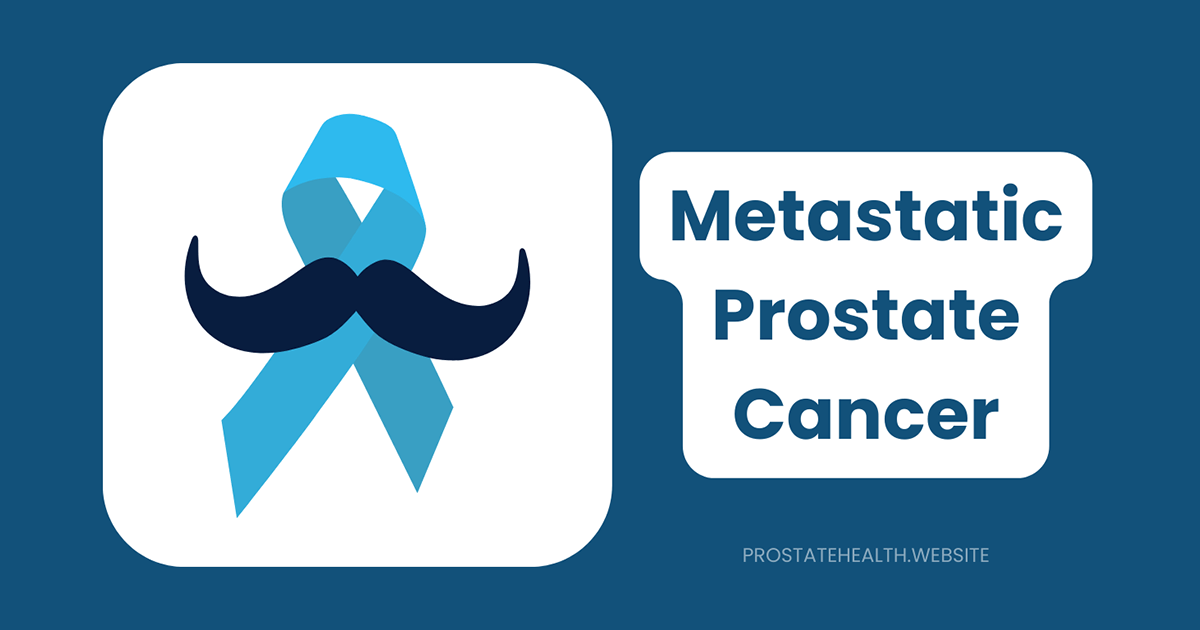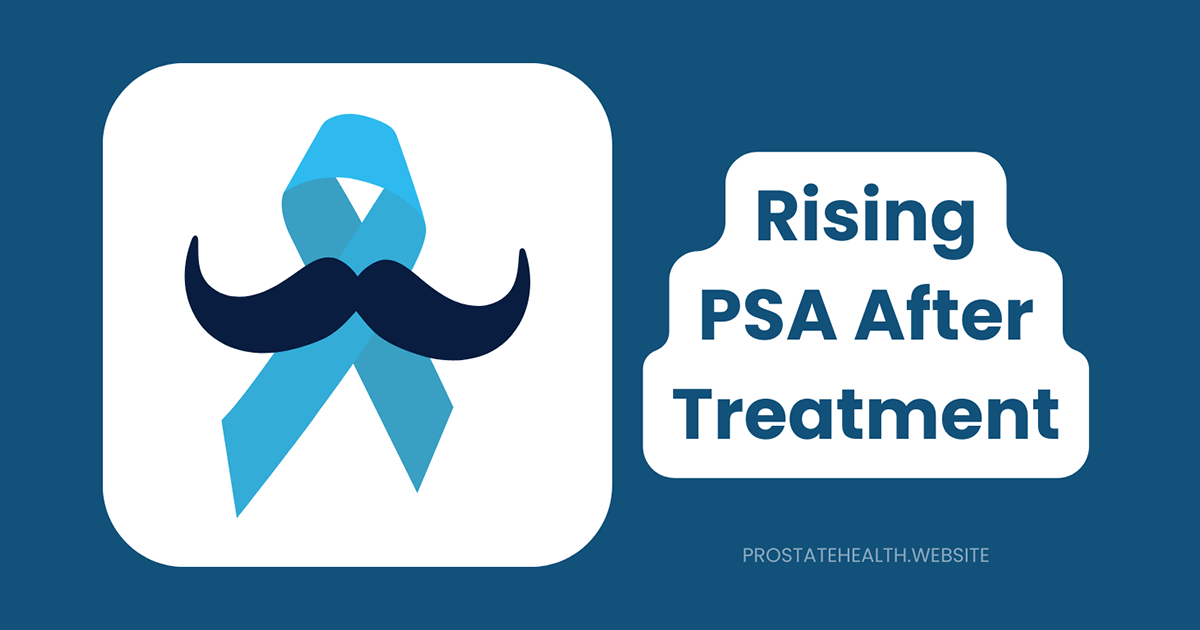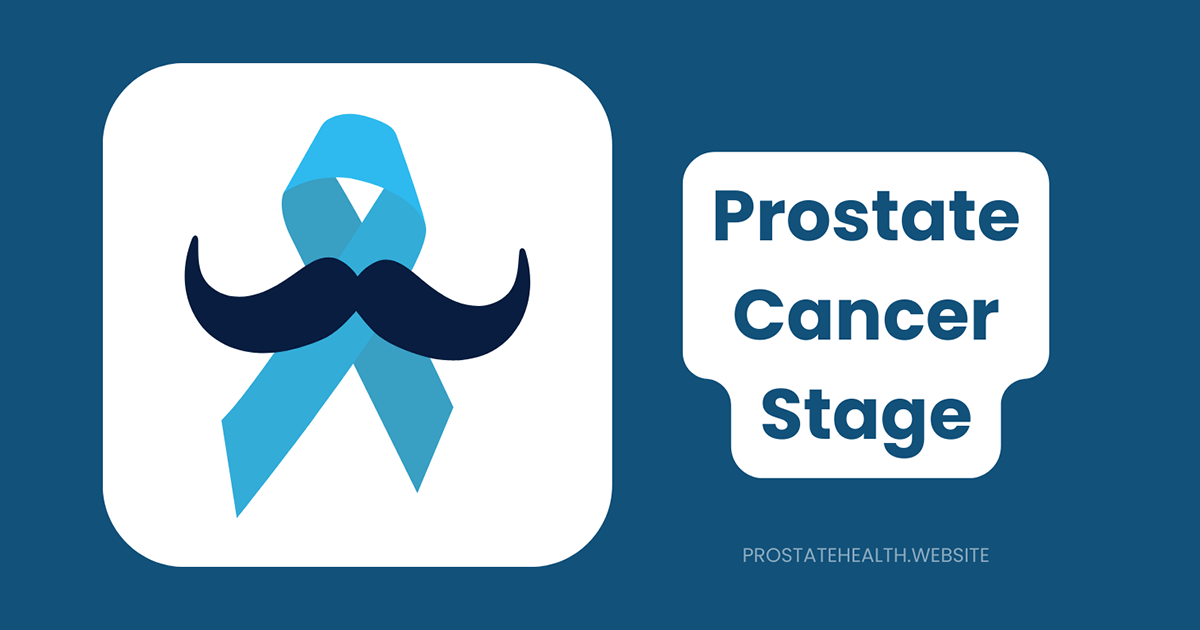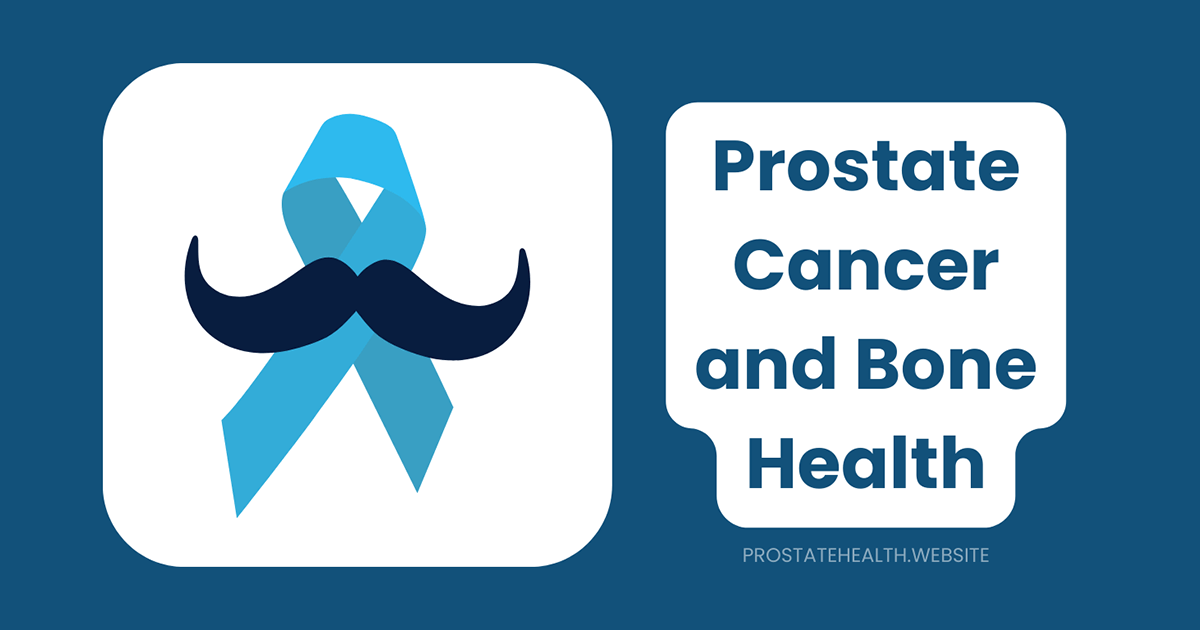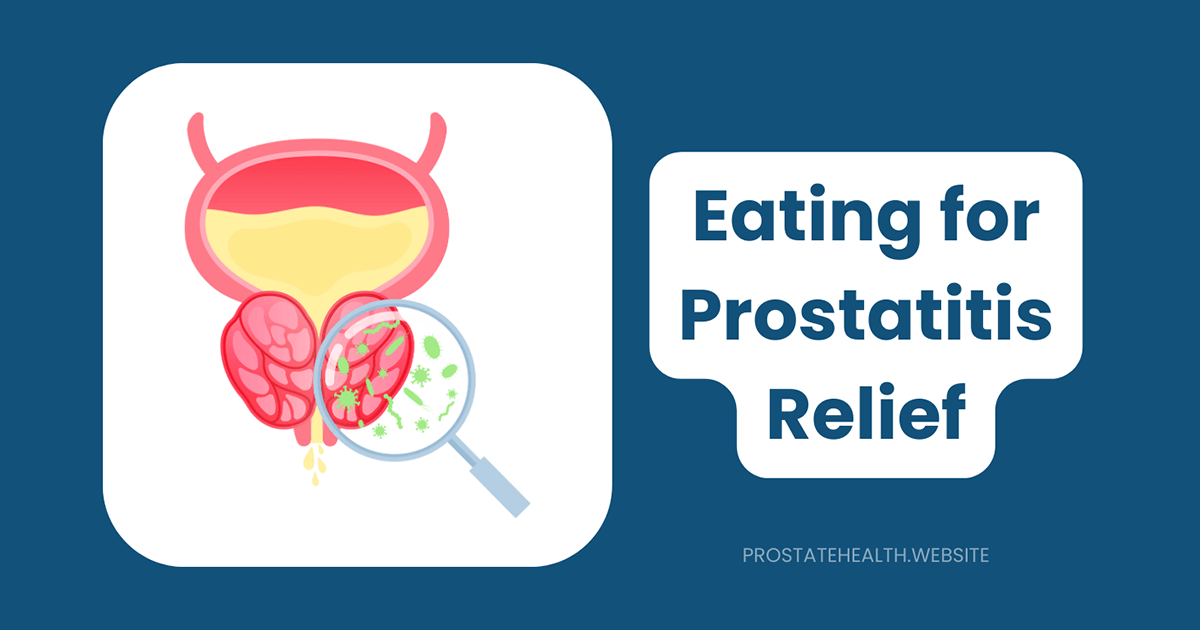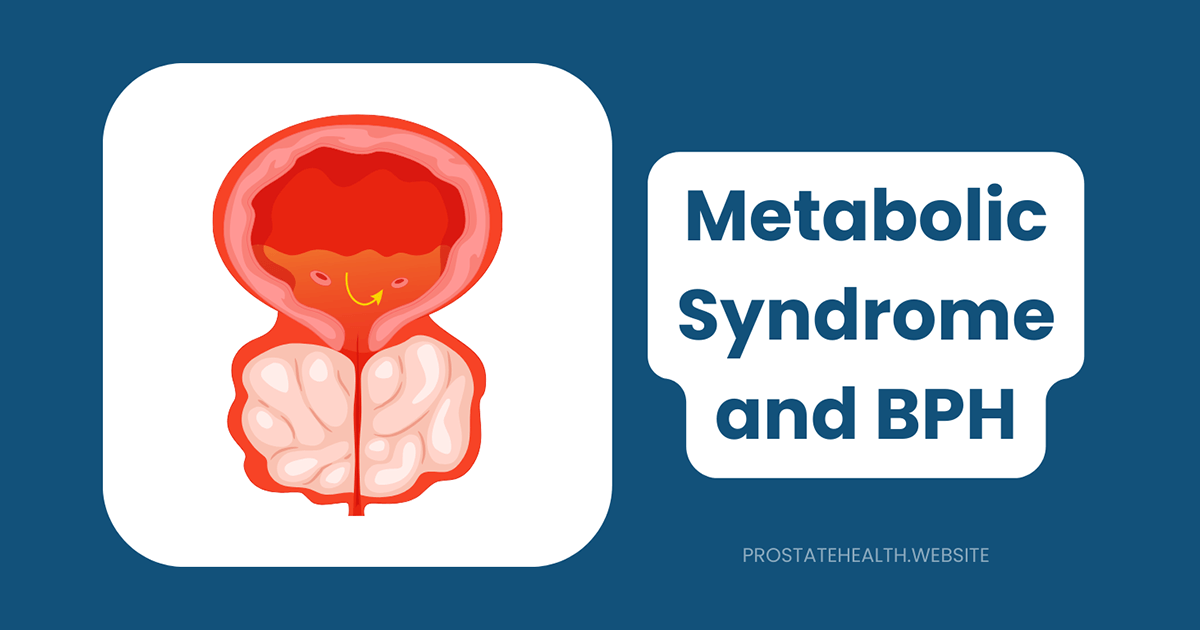BPH and Sexual Function: What Men Need to Know
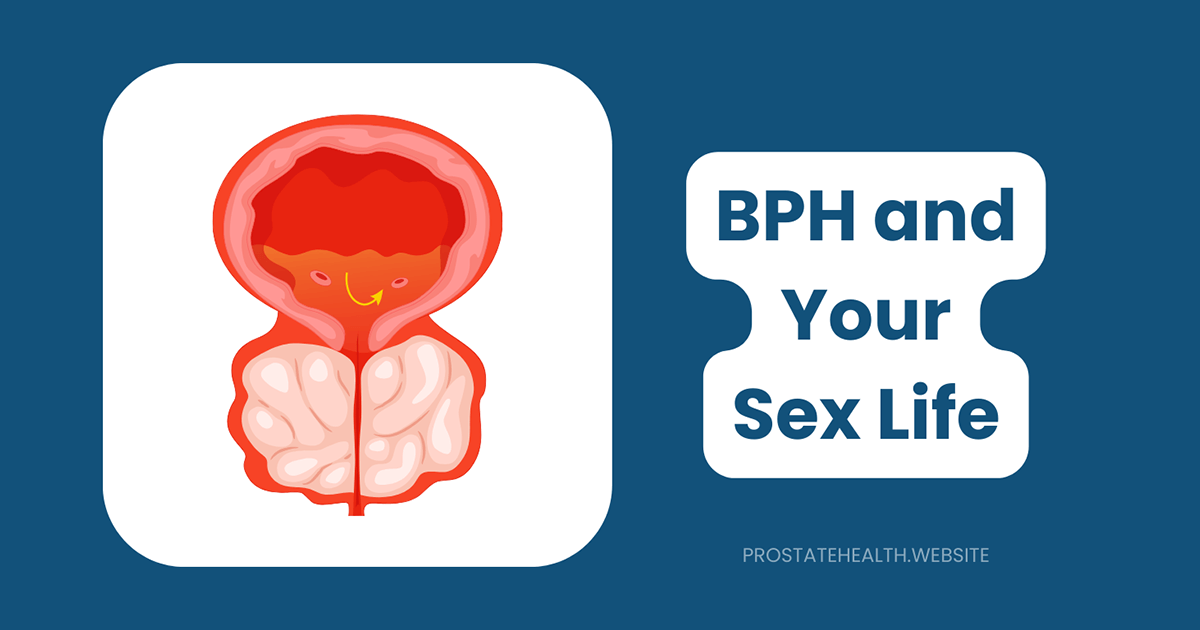
When John, a 58-year-old construction manager, first noticed he was getting up three times a night to urinate, he brushed it off as just “getting older.” What he didn’t expect was how his enlarged prostate would affect his intimate life with his wife of 30 years. Like many men, John found it difficult to discuss these changes with anyone—even his doctor.
Benign Prostatic Hyperplasia (BPH)—commonly known as an enlarged prostate—affects nearly 50% of men by age 60 and up to 90% by age 85. While the urinary symptoms often get the spotlight, the impact on sexual function remains a topic shrouded in silence and misconception.
Let’s break that silence today.
Understanding BPH: More Than Just Bathroom Trips
Before diving into how BPH affects your sexual health, let’s understand what’s actually happening in your body.
The prostate is a walnut-sized gland that surrounds the urethra—the tube that carries urine from your bladder out through your penis. As men age, the prostate naturally grows larger. When it becomes enlarged enough to squeeze the urethra, it causes those frustrating urinary symptoms that many of us experience:
- Frequent urination (especially at night)
- Weak urine stream
- Difficulty starting urination
- Feeling that you can’t completely empty your bladder
- Urgency to urinate
But what many men don’t realize is that the same condition affecting their bathroom habits may also be impacting what happens in the bedroom.
How BPH Directly Affects Sexual Function
Research has consistently shown a strong connection between BPH symptoms and sexual difficulties. According to a 2024 comprehensive review published in the Journal of Sexual Medicine, men with moderate to severe BPH symptoms are 3.7 times more likely to experience sexual dysfunction than those with mild or no symptoms.
Here’s how BPH can affect your sexual health:
1. Erectile Function
While BPH itself doesn’t directly cause erectile dysfunction (ED), there’s a significant overlap. Both conditions:
- Share common risk factors (age, metabolic syndrome, cardiovascular issues)
- Involve similar physiological mechanisms (reduced nitric oxide, increased sympathetic tone)
- Often occur together (about 70% of men with BPH also report some degree of ED)
Dr. James Thompson, urologist at the Men’s Health Center, explains: “The same blood vessels and nerves that control urinary function also play crucial roles in erectile function. When one system is compromised, it often affects the other.”
2. Ejaculatory Problems
BPH can significantly impact ejaculation in several ways:
- Reduced ejaculate volume: The prostate produces about 30% of seminal fluid. When it’s not functioning optimally, you may notice less ejaculate.
- Painful ejaculation: Inflammation associated with BPH can make ejaculation uncomfortable or painful.
- Retrograde ejaculation: Some men experience “dry orgasm” where semen flows backward into the bladder rather than out through the penis.
3. Decreased Libido
Living with the discomfort and inconvenience of BPH symptoms can take a psychological toll that dampens sexual desire:
- Constant urinary urgency creates anxiety about intimacy
- Sleep disruption from nocturia leads to fatigue
- Worry about performance issues creates a cycle of avoidance
As one of our community members shared: “When you’re constantly worried about having to excuse yourself to use the bathroom during intimate moments, it really kills the mood.”
BPH Treatments and Their Sexual Side Effects
Here’s where things get complicated. While treating BPH is important for your overall health and quality of life, some treatments can themselves affect sexual function. Understanding these potential side effects is crucial for making informed decisions.
Medication Options
Alpha-blockers (such as tamsulosin, alfuzosin, silodosin)
- Primary purpose: Relax muscles in the prostate and bladder neck to improve urine flow
- Sexual side effects: Can cause ejaculation problems in 5-28% of men, with silodosin having the highest rate
- Good to know: These effects are usually reversible when medication is stopped
5-alpha reductase inhibitors (finasteride, dutasteride)
- Primary purpose: Shrink the prostate by blocking the hormone that promotes prostate growth
- Sexual side effects: Can cause ED (5-8%), decreased libido (3-10%), and ejaculation problems
- Good to know: Some men report these side effects persisting even after stopping the medication, though this is relatively rare
Surgical Treatments
Traditional TURP (Transurethral Resection of the Prostate)
- Primary purpose: Removes prostate tissue blocking urine flow
- Sexual side effects: Retrograde ejaculation occurs in 70-90% of men; ED in 5-10%
- Good to know: While ejaculation changes are usually permanent, they don’t affect pleasure or orgasm
Newer Minimally Invasive Procedures
Recent advances in BPH treatment have focused on preserving sexual function while effectively treating urinary symptoms. According to recent research presented at the 2025 American Urological Association meeting, several newer options show promise:
- Aquablation: Uses water jets and robotic guidance to remove prostate tissue
- Sexual side effects: Only 15% experience retrograde ejaculation compared to 77% with laser surgeries
- Studies from EAU25 show significantly lower rates of sexual side effects
- Rezūm Water Vapor Therapy: Uses steam to reduce prostate tissue
- Sexual side effects: A 2024 review in UroPrecision found most studies showed no negative impact on erectile function, with some even showing improvement
- Ejaculatory function is preserved in approximately 80% of men
- Prostatic Urethral Lift (UroLift): Uses implants to hold enlarged prostate tissue away from blocking the urethra
- Sexual side effects: Minimal impact on erectile or ejaculatory function
- Our previous article on minimally invasive BPH treatments provides more details
- Optilume BPH Catheter System: A newer balloon dilation system
- Sexual side effects: 2024 clinical data shows preservation of both erectile and ejaculatory function
Making Informed Decisions: Balancing Urinary Relief and Sexual Health
When facing BPH treatment decisions, consider these factors:
Questions to Ask Your Doctor
- How severe is my BPH, and what are the risks of delaying treatment?
- What are all my treatment options, from least to most invasive?
- For each option, what percentage of men experience sexual side effects?
- Are the potential sexual side effects temporary or permanent?
- How would you approach treatment if you were in my situation?
Factors That Should Influence Your Decision
- Your age: Younger men might prioritize preserving ejaculatory function
- Current sexual activity: How important is maintaining your current sexual function?
- Severity of symptoms: More severe BPH symptoms might warrant accepting some sexual side effects
- Other health conditions: Existing ED or other sexual issues might influence your choices
Beyond Treatment: Lifestyle Approaches That Help Both BPH and Sexual Function
The good news? Many lifestyle changes can positively impact both BPH symptoms and sexual function simultaneously:
1. Physical Activity
Regular moderate exercise—particularly aerobic exercise and resistance training—has been shown to:
- Reduce BPH symptoms by up to 35%
- Improve erectile function
- Enhance overall cardiovascular health
Aim for at least 150 minutes of moderate activity weekly, such as brisk walking, swimming, or cycling.
2. Dietary Changes
Research suggests that certain dietary patterns can help manage BPH and support sexual health:
- Mediterranean diet: Rich in fruits, vegetables, whole grains, olive oil, and fish
- Foods that may help: Tomatoes (lycopene), pumpkin seeds (zinc), fatty fish (omega-3s)
- Foods to limit: Red meat, dairy, caffeine, alcohol, and spicy foods can worsen BPH symptoms
3. Stress Management
Chronic stress contributes to both BPH symptoms and sexual difficulties through:
- Increased sympathetic nervous system activity
- Elevated inflammation
- Hormonal imbalances
Effective stress-reduction techniques include mindfulness meditation, deep breathing exercises, and regular relaxation practices.
4. Pelvic Floor Exercises
While often associated with women’s health, pelvic floor exercises can benefit men with BPH:
- Improve bladder control
- Potentially enhance erectile function
- May help with premature ejaculation
Breaking the Silence: Having Crucial Conversations
Perhaps the most important step in addressing BPH and sexual health is simply talking about it—with your partner and your healthcare provider.
Talking With Your Partner
- Choose a relaxed, private moment outside the bedroom
- Focus on specific changes you’ve noticed rather than general complaints
- Emphasize that physical changes don’t reflect your feelings or attraction
- Discuss ways to maintain intimacy even if sexual function changes
As one reader shared: “When I finally talked to my wife about my BPH issues, I was surprised by how understanding she was. She was just relieved I wasn’t pulling away because I’d lost interest in her.”
Talking With Your Doctor
- Be direct and specific about both urinary and sexual symptoms
- Don’t wait for your doctor to bring it up—many don’t routinely ask
- Consider keeping a symptom journal to share
- If you’re uncomfortable, start the conversation with “This is difficult to talk about, but…”
Remember that healthcare providers have heard it all before. Your concerns are valid and deserve attention.
The Bottom Line: You Have Options
Living with BPH doesn’t mean resigning yourself to a diminished sex life. With today’s range of treatment options and lifestyle approaches, most men can find a balance that addresses both urinary symptoms and preserves sexual function.
The key is being informed, proactive, and willing to have those sometimes uncomfortable conversations. Your quality of life—both in and out of the bedroom—is worth it.
- External Resources:

